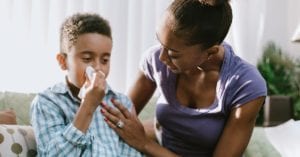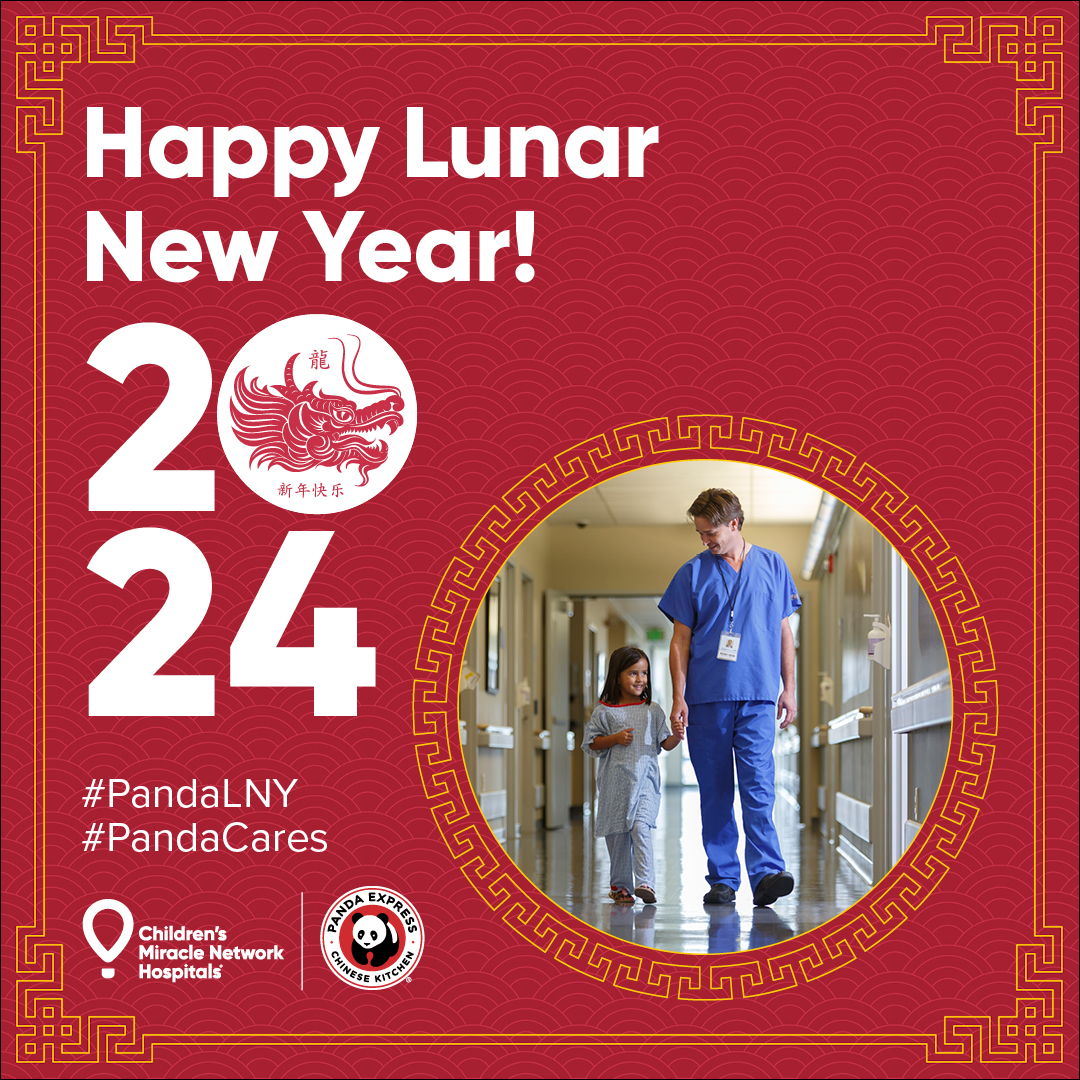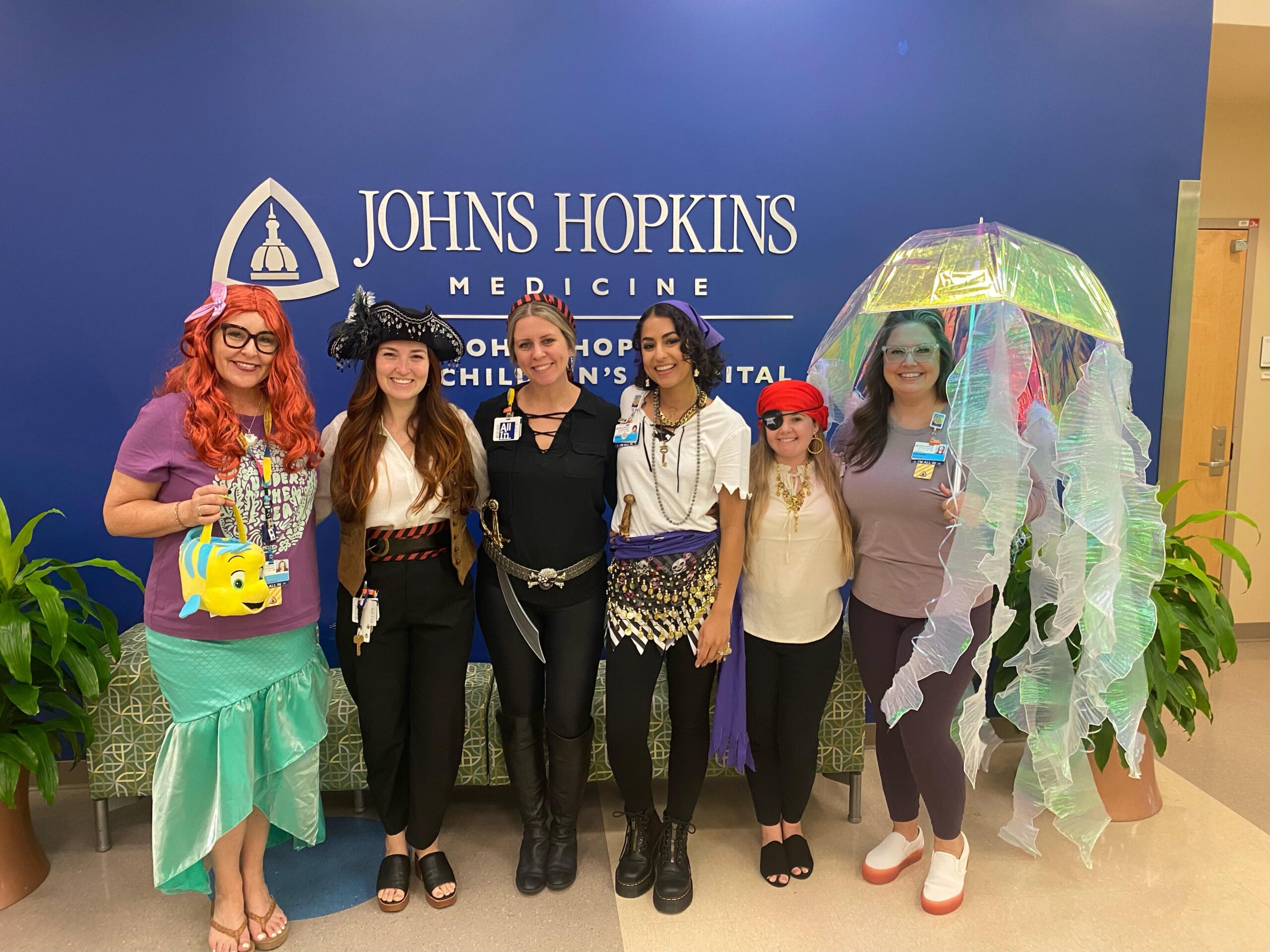Managing Cold and Flu Season
 Late September to mid-March is a busy time of year in the Emergency Center at Johns Hopkins All Children’s Hospital due to cold and flu season. Luckily, most illnesses can be safely managed at home. Emergency medicine physician Danielle Mercurio, D.O., at Johns Hopkins All Children’s Hospital provides tips for families to prevent sickness and alleviate symptoms.
Late September to mid-March is a busy time of year in the Emergency Center at Johns Hopkins All Children’s Hospital due to cold and flu season. Luckily, most illnesses can be safely managed at home. Emergency medicine physician Danielle Mercurio, D.O., at Johns Hopkins All Children’s Hospital provides tips for families to prevent sickness and alleviate symptoms.
The Flu
Flu illness ranges from mild fevers to severe body aches with muscle breakdown, respiratory distress, vomiting, diarrhea, kidney failure, hallucinations or brain damage. While most people can fight influenza, it makes the body vulnerable to dangerous bacteria in the lungs, bloodstream or brain, which can be fatal for the young and old populations.
- Children older than 6 months should receive an annual flu vaccine, even those with egg allergy, as this has been proven safe. A booster is required during the first year.
- A person can still get the flu if vaccinated, but symptoms will be less severe.
- Encourage children to cough and sneeze into the inside of their arm or sleeve, and to wash their hands often.
- Cold and flu viruses live in the air after a sick person sneezes or coughs, and they survive on surfaces such as hands, skin, facial hair, doorknobs and toys for hours to days.
- Sanitize toys well during the season.
- Stay home until fevers have subsided to prevent the spread of sickness.
Monitoring
- Watch your child’s temperature. A fever is a temperature over 100.4 degrees Fahrenheit. Measurements should be taken rectally for children less than 12 to 24 months and by mouth or armpit for older kids.
- Watch how much your child is drinking and urinating. Eating solid foods during illness is not as important as staying hydrated.
- Offer low-sugar drinks continuously. For younger children, give small amounts of electrolyte solutions with medication syringes hourly. If you notice your child urinating significantly less than normal or crying without tears, call the pediatrician.
- Watch your child’s breathing. During a fever or cold, breathing can be fast. If it remains rapid when symptoms subside, or you notice the neck or chest muscles working hard, call your pediatrician right away.
- Situations that warrant an Emergency Center visit include:
- A rectal temperature higher than 100.4 in an infant less than 3 months old
- A child in diapers making only one to two wet diapers per day.
- A child with respiratory distress, uncontrollable vomiting or altered mental status.
- Other symptoms like ear pain, can be treated with pain medicine and assessed by the pediatrician in the following 12-24 hours.
Fever
In a healthy child older than 3 months, a fever alone is not dangerous, no matter how high, because it is an important part of your child’s healing process. Some fussiness and sleepiness is expected, but monitor your child for responsiveness, hydration and signs of breathing difficulty. If the fever lasts more than three days, occurs with the symptoms noted above, or if your child’s age is 3 to 36 months, call your pediatrician.
- Acetaminophen and ibuprofen are the medications used to treat fevers.
- These provide comfort, not a cure, for four to six hours and can be alternated safely every three hours for fever or pain.
- Ibuprofen should not be used in children less than 6 months of age.
- If the recommended dose does not reduce the fever in two to three hours, call your pediatrician or pharmacist because in some instances, higher doses can be given safely.
Cough & Congestion
Coughing can cause pain and difficulty sleeping. Unfortunately, most studies show that decongestants, cough suppressants and expectorants are ineffective in children and many are dangerous. So, what does work?
- Staying hydrated keeps the mucous thinner so it can leave the body through the nose and mouth.
- Encourage children older than 3 years to blow their nose often.
- Infants and toddlers should be assisted with the use of a nasal bulb syringe or nasal aspirator.
- For dry secretions, use nasal saline drops or sprays and humidifiers during sleep.
- One-half to one teaspoon of plain honey is nature’s cough syrup. It can only be used by children older than 12 months because it can cause botulism (paralysis) in infants.
- Agave nectar is a safe alternative for infants, but the effectiveness is less known.
- Discuss over the counter medications with your pediatrician first to avoid adverse effects.
During any medical emergency, please call 9-1-1.
This article first appeared in Tampa Bay Parenting magazine.





